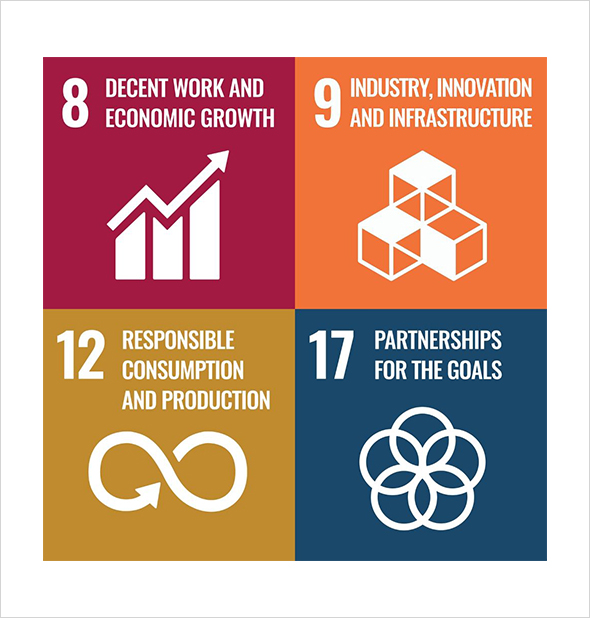Innovation
Depa recognises that sound sustainability management at strategic and operational levels is imperative. For Depa, sustainability offers tremendous business opportunities to ultimately create value for all our stakeholders, through implementing efficiency and productivity improvements, whilst encouraging collaboration and innovation across the Group’s operations.
Depa has established, and is investing in, developing its in-house team, software, and machinery to integrate the latest version of Building Information Modelling (BIM) technology that is being deployed across the Group and major projects. Depa’s capabilities to analyse a project’s design using the latest technologies in the sector in this space, combined with the Group’s efficiency in cost control per activity, enables Depa to carefully study potential projects and suggest value engineering solutions to achieve big cost and time savings, while maintaining the same quality and final look and feel. In line with that, Depa has used BIM to successfully complete iconic projects such as KAPSARC in Riyadh – KSA, the Dubai Metro, and the Dubai Opera House. Depa is committed to implementing the use of BIM across all projects, which will result in the ability to offer additional value starting from the planning stage all the way to project completion, including minimising the onsite construction through the utilisation of prefabricated units assembled onsite.


Depa Group has become a thought leader in the IT space. The Group complies with several international standards and regulations including ISO 27001, CoBit in IT Governance, ITIL in service delivery and EU GDPR. As a listed company, Depa Group has taken Cyber Security seriously and has put in place proper security measures and monitoring tools to ensure a safe and comfortable work environment.
Investments in smart technologies such as IoT, RFID and innovative machinery ensure the longevity of the company by providing value to its clients through better quality products, services, cost and time efficiencies. Information obtained from an implemented job track system, that communicates data to the Group’s ERP system is used to identify inefficiencies or delays in production processes, and to increase accuracy of cost estimation for future projects.

